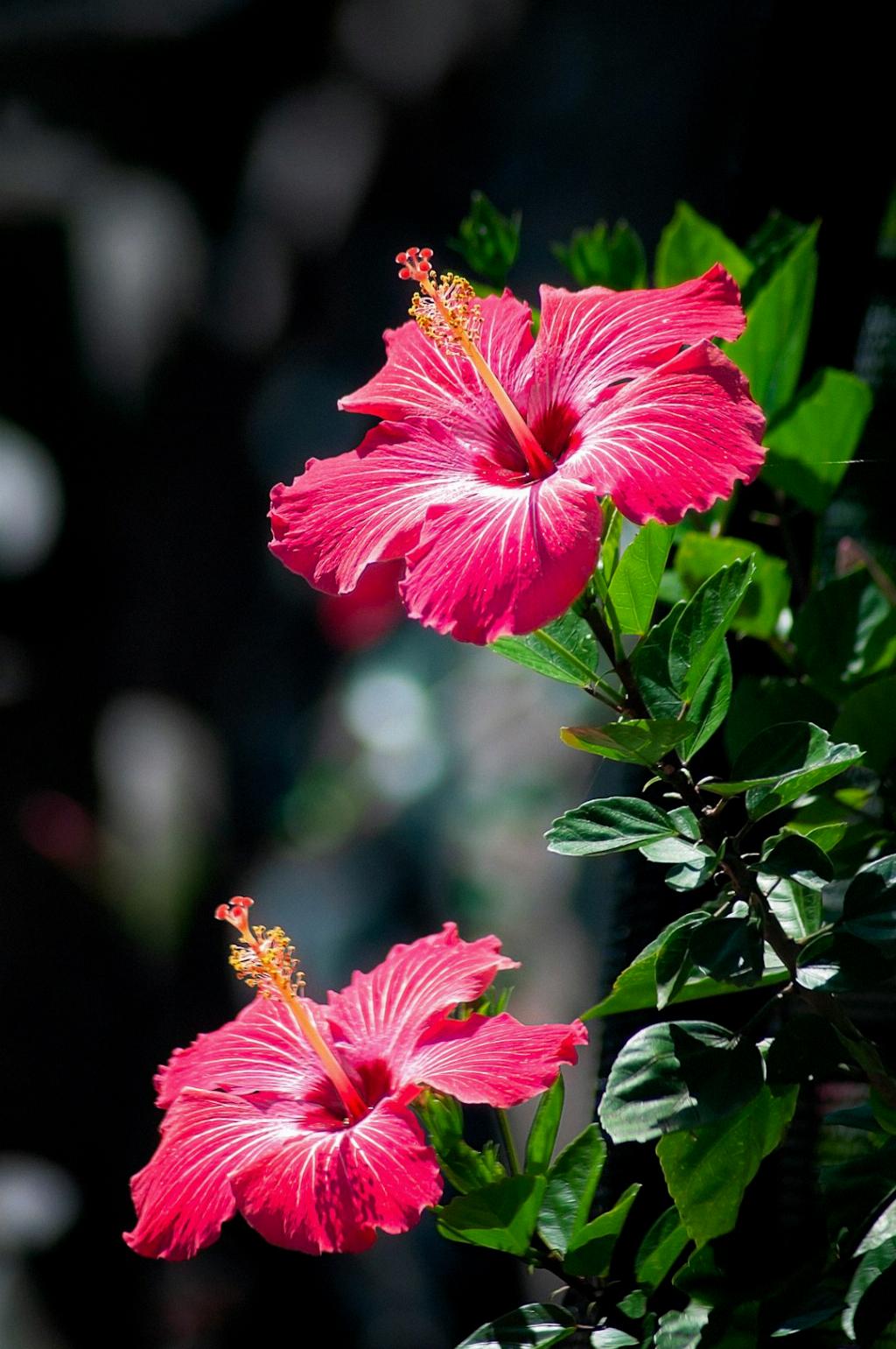When it comes to the taste of hibiscus tea, one cannot help but be drawn to its unique and vibrant flavor profile. The tart and fruity notes of hibiscus tea bear a striking resemblance to the tangy essence found in cranberry juice. This characteristic makes it a popular choice for those who enjoy a bit of zing in their beverages.
Drinking a cup of hibiscus tea is akin to taking a sip of raw hibiscus flowers themselves. The drink encapsulates the essence of these flowers, providing a refreshing and invigorating experience with every sip. The natural sweetness of hibiscus tea adds an additional layer of complexity to its flavor, making it a well-rounded and enjoyable drink for many.
For those who may be concerned about the potential sourness of hibiscus tea, there are various ways to enhance its taste. Adding a drizzle of honey or agave syrup can help balance out the tartness, providing a smoother and sweeter flavor profile. Alternatively, a sprinkle of cane sugar can bring out the natural sweetness of the tea, creating a delightful contrast of flavors.
Another popular method to elevate the taste of hibiscus tea is by incorporating a spritz of lemon or lime juice. The citrusy notes of these fruits complement the tartness of the tea, offering a refreshing and rejuvenating taste experience. This simple addition can transform a standard cup of hibiscus tea into a citrus-infused delight.
One of the defining characteristics of hibiscus tea is its versatility in flavor. While it boasts a natural tartness, it also possesses a subtle sweetness that makes it appealing to a wide range of palates. Whether enjoyed hot or cold, hibiscus tea is a beverage that can be tailored to suit individual preferences.
Additionally, the floral undertones of hibiscus tea contribute to its overall taste profile, adding a delicate and aromatic quality to the drink. The floral notes amplify its sensory appeal, creating a multi-dimensional experience for the taste buds.
Many enthusiasts of hibiscus tea appreciate its bold and robust flavor, which stands out among other herbal teas. Its tangy and slightly sour notes make it a refreshing choice for those looking for a drink that is both flavorful and invigorating.
The vibrant red hue of hibiscus tea serves as a visual indicator of its bold and striking taste. The visually appealing color of the tea is often accompanied by an equally vibrant flavor profile, making it a sensory delight for those who indulge in a cup of this unique beverage.
Overall, the taste of hibiscus tea can be described as a harmonious blend of tartness, fruitiness, and sweetness. Its complex flavor profile offers a well-rounded and satisfying drinking experience that is sure to leave a lasting impression on those who partake in its consumption.
In conclusion, hibiscus tea is a beverage that embodies a delightful combination of flavors, ranging from tart and fruity to subtly sweet. Its versatility in taste allows for a myriad of possibilities for customization, making it a popular choice among tea enthusiasts. Whether enjoyed plain or with added enhancements, hibiscus tea is a beverage that is sure to tantalize the taste buds and leave a lasting impact with each sip.

